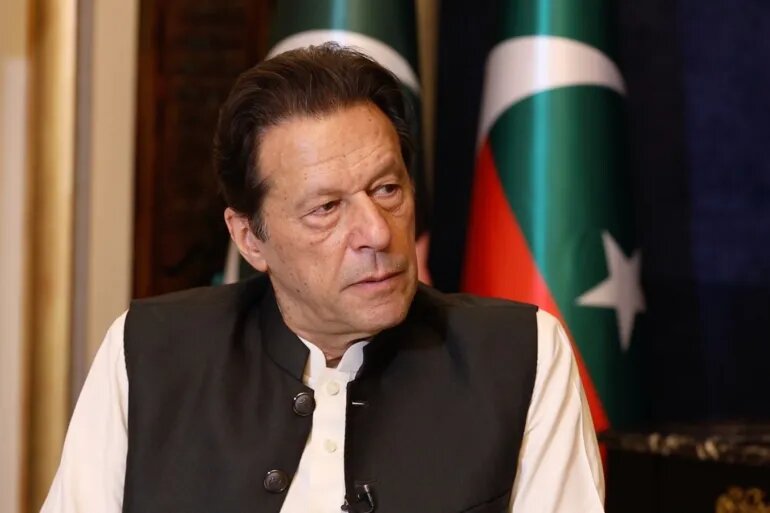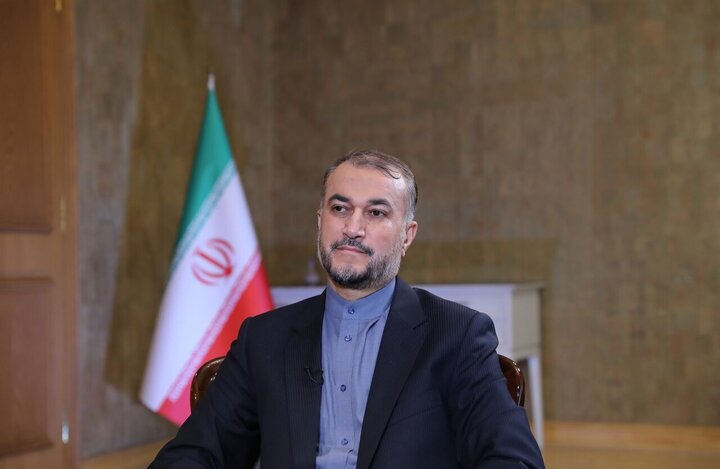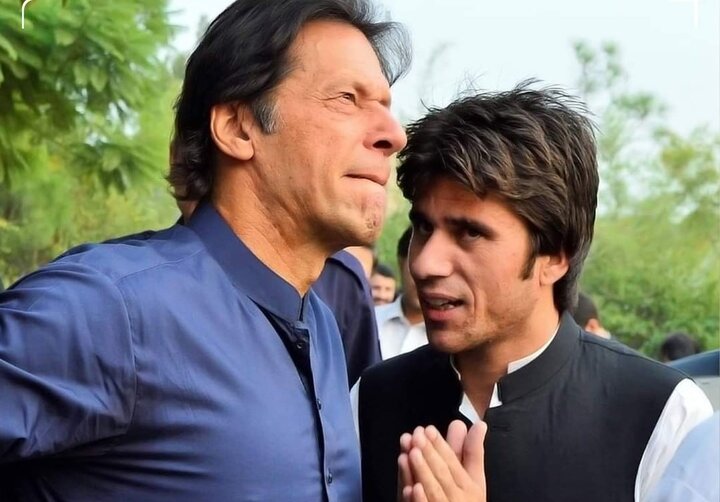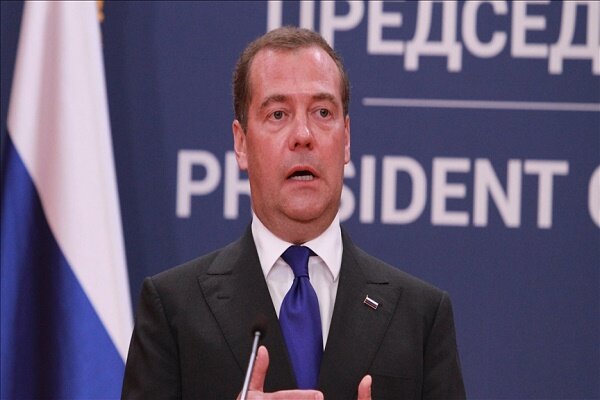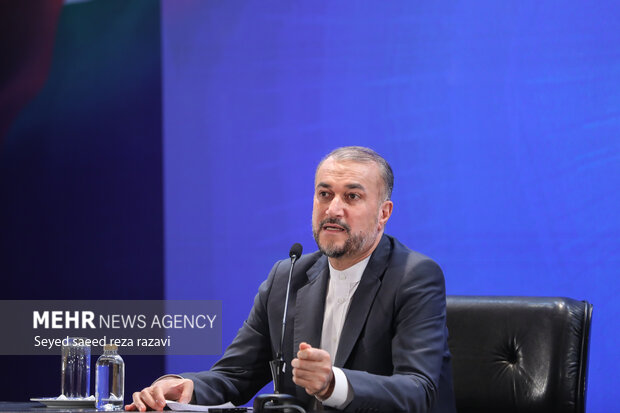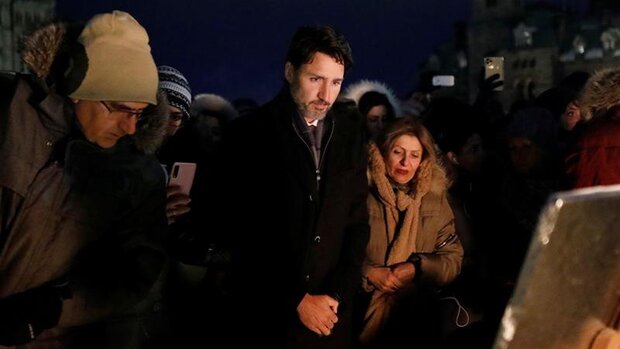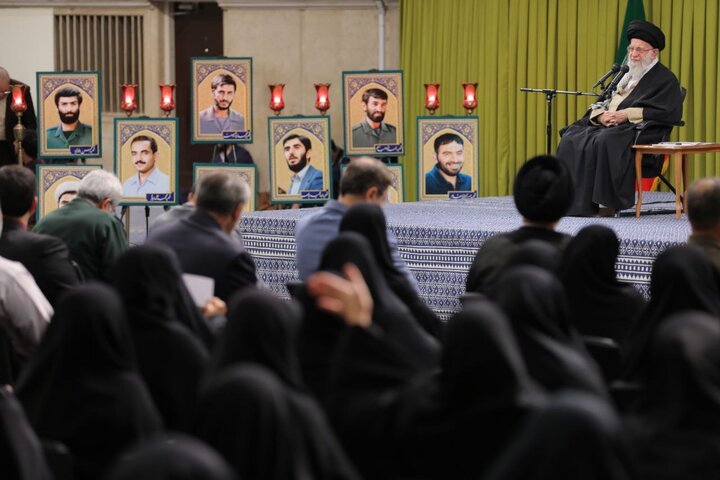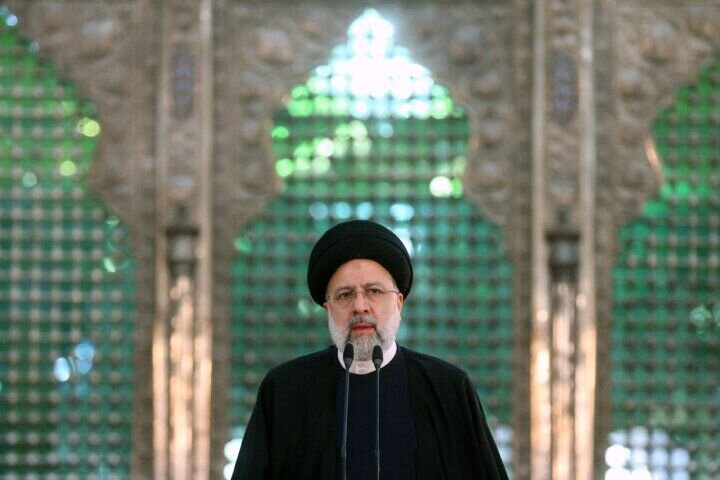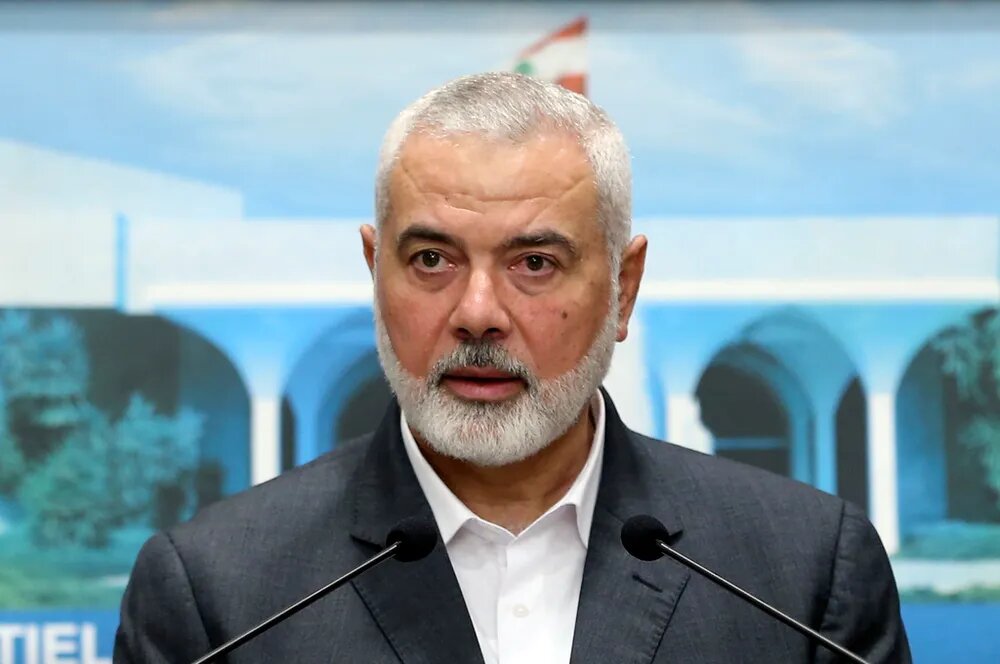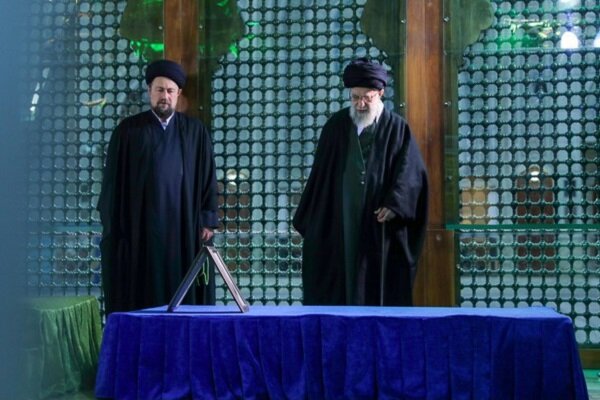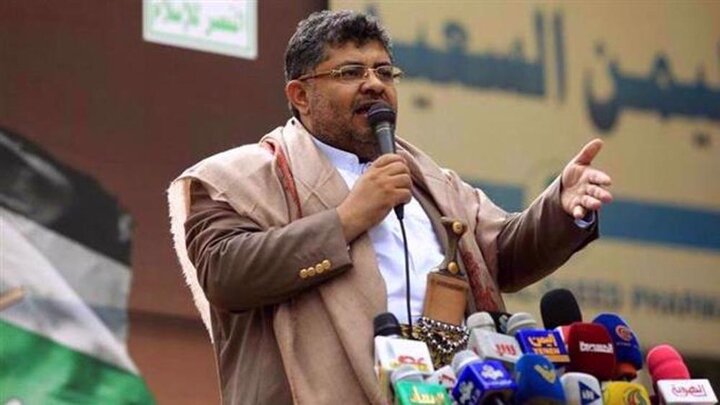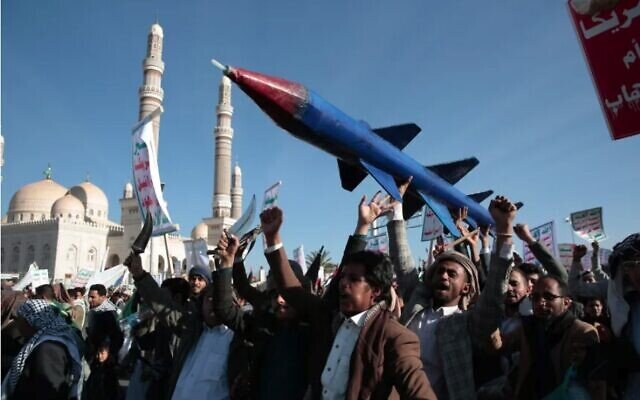TEHRAN - The leader of the Turkish Saadet Party (Felicity Party), alluding to the inconsistency of Turkey's actions and words toward Gaza, says the financial relationship between Turkey and Israel means Ankara supports Tel Aviv's crimes in the coastal enclave.
The Saadet Party is the fifth party founded in 2001 by Necmettin Erbakan, the former Prime Minister of Turkey. As an Islamic-oriented party, it holds a significant spiritual position in Turkish society. Currently, the party is led by Temel Karamollaoglu. Many leaders of other Turkish parties hold meetings with Saadet Party officials to form alliances and enhance their chances in Turkish municipal elections.
The Saadat Party is one of the main critics of the sitting government in Ankara led by President Recep Tayyip Erdogan. One of the recent criticisms of the party concerns the continuity of relations between Ankara and Tel Aviv, despite the massacres against the people of Gaza by the Zionist regime.
Tehran Times spoke to Temel Karamollaoglu via Skype. Here is the full text of the conversation.
Q- Before anything else, I'd like to ask you about the developments in Gaza. As you know, the war on Gaza has been ongoing for nearly four months. The Islamic world has also held meetings on this matter, but they have been inconclusive. What actions are needed to be taken in this regard? In other words, what actions have not been taken yet?
"In my opinion, the necessary actions are not being taken. They merely condemn Israel's actions to show a perceived need for a reaction. The world is currently facing a truly horrific crime. Israel commits atrocities in Gaza. Children, women, hospitals, ambulances, schools, and homes are bombed every day with no action to stop it.
Surely with the termination of relations between Islamic countries and Israel, the killings against the Palestinian people will also stop.What's even stranger is that the West, especially the United States, Britain, and France, openly support these crimes. They seemingly advocate for human rights and international law but openly endorse this brutality in Gaza. In reality, this is not new; the West has embraced cruelty as its policy for centuries.
The U.S. exterminated Native Americans; it did the same with African Americans, using them as slaves for years. Native American children were forcibly made Christians in church schools. Now, we realize some of these students were killed, and their bodies were buried in schoolyards. But why? Perhaps because they thought these children wouldn't easily accept Christianity. This shows that a savage nature exists within them. We now witness the result of this brutality alive in Gaza and Palestine.
This reveals the true face of the West. Brutality is their main policy. They went to Vietnam, killed its residents, and were forced to flee. In Afghanistan, they displayed the same brutality, and again, they had to escape. This is their nature and character, and for this reason, they cannot contribute to establishing peace and tranquility in the world. They don't see the people of Africa as their own. They don't view China and India as countries. All of us, Muslims, must unite to stop this brutality."
Q- What do you mean when you say "they should unite"? What measures should Islamic countries take?
"The culprits of this act are not the people but the rulers. In 1969, during the conflict between Israel and Egypt, the then King of Saudi Arabia took the first step to establish the Organization of Islamic Cooperation (OIC). Currently, representatives from 57 Islamic countries are present in Saudi Arabia. While the OIC exists, there's no significant difference between its existence and non-existence. They need to take collective actions.
Why was this OIC created? If the issue is the massacre of Muslims, Islamic countries such as Turkey, Iran, Pakistan, etc., should come together and prioritize this matter. Until the brutality stops, Islamic countries should sever ties with Israel and adopt a unified policy against it.
Islamic countries should sever ties with Israel and adopt a unified policy against it.There are 57 Islamic countries. Countries neighboring Israel, D-8 countries, and member countries of the OIC should unite and adopt such a policy. This way, a formidable power would be formed due to our vast oil and gas reserves, significantly influencing the world. By uniting, we can immediately halt the massacres in Gaza.
Even if it doesn't stop, direct intervention with Israel is necessary. We are not obligated to recognize Israel; it has no place in this region as it is a fabricated state. After World War II, Jews faced oppression and came to the Middle East. Why didn't they go to South America or elsewhere? Because, according to their belief, God promised them this region.
Can a society comprised of ordinary people in the world commit the crimes they have committed? No. Almost 30,000 out of 2.3 million people have been tragically massacred, disproportionately affecting children and women. Disturbingly, news reports detail attacks on homes in Gaza, forcibly separating men from their families and ending their lives, with unwavering support from the West.
Given these circumstances, it becomes imperative for Islamic countries to pressure Israel to cease these atrocities. This requires a complete severance of ties, even if it entails the risk of potential confrontation. It's crucial to highlight the Greater Middle East project, originally termed Greater Israel, which seeks to establish Israeli dominance from the Euphrates to the Nile. Turkey, having once supported this project, now has the potential to play a leading role in opposing such initiatives.
In confronting the execution of such projects, it is essential for Turkey and other nations to stand against the potential creation of another government in the lands of Muslim countries like Iraq and Syria. Notably, Turkey can take a pioneering stance in addressing this issue and contribute significantly to preventing the realization of these unsettling plans.
Here, the issue is not about Jews; it's about Zionist Jews. Unfortunately, Islamic countries are not united on the Palestinian cause. If these countries move forward together, then we will witness peace and tranquility in the region."
Q- Turkish authorities consistently expressed critical positions regarding the developments in Palestine, often criticizing the Zionist regime. Despite this, Ankara's trade relations with Tel Aviv have consistently remained at their best. For instance, Erdogan, using the phrase "one minute" in the 2009 Davos meeting, strongly opposed Shimon Peres, the then president of the Zionist regime, portraying himself as a major supporter of Palestine. However, during that period, Turkey's trade relations with the Zionist regime continued without being significantly impacted by the verbal tension between Erdogan and Shimon Peres. How do you analyze this policy of the ruling party in Turkey toward the Israeli issue?
"This policy is wrong; it means condemning Israel's massacre of the people of Gaza on one hand while continuing relations with this regime on the other. What purpose do these condemnations serve? This type of policy is highly contradictory. They (the Justice and Development Party) say we should not stop our trade relations with those who kill women and children. By doing this, you (the Justice and Development Party) are truly supporting Israel's crimes. Therefore, the ruling party in Turkey should change its policy on the Palestinian issue. We should not indirectly support Israel through alternative routes.
We should not indirectly support Israel through alternative routes.Supporting Israel in the commercial dimension and opposing this regime in the political dimension is a completely contradictory approach. No matter how much Ankara declares its opposition to the killing of the people of Gaza by Israel, it will not have any results. The only solution is to cut off economic relations between Türkiye and Israel. Supporting Israel directly or indirectly is wrong. The president of our country should reconsider his policy towards Tel Aviv.
Surely with the termination of relations between Islamic countries and Israel, the killings against the Palestinian people will also stop.
Supporting Israel economically while opposing the regime politically is a completely contradictory approach. Ankara's declaration of opposition to Israel's massacre of the people of Gaza, no matter how strongly stated, will not yield results. The only solution is to sever Turkey's economic relations with Israel. Direct or indirect support for Israel is a mistake. The president of our country must reconsider his policy towards Tel Aviv. Rest assured, by cutting ties between Islamic countries and Israel, the massacre against the Palestinian people will also come to a halt."
Q- Mr. Karamollaoglu, I am a journalist, but you are a politician. You can better interpret the political developments in Turkey and the behavior of the Justice and Development Party. Every time the Turkish president wants to criticize Israel's attacks on Gaza, he criticizes Prime Minister Netanyahu personally, while Netanyahu's perspective represents the ideology of the Zionist regime. He personalizes the issue, and I see this kind of reaction as a political game from Erdogan's side. What is your opinion?
"Yes; this is playing with words. It is about the situation involving Erdogan's perspective on Netanyahu, suggesting that the brutality of Israel against the people of Gaza may come to an end with Netanyahu being sidelined. Netanyahu is seen as the main cause of the recent war on Gaza globally. Netanyahu's point of view is not different from the Zionist regime. Therefore, the Ankara government, by criticizing Netanyahu, cannot portray itself as right. The Justice and Development Party, until yesterday, had good relations with Netanyahu, but now has turned into his main critic. If you are a genuine critic of this person's policies, you should use all your political power not only through words but by halting all your relations and interactions with Israel. In that case, Netanyahu will also be forced to reconsider his behavior."
Q- In the current conditions, how do you analyze the relationship between Turkey and Iran? In your opinion, what form should cooperation between Iran and Turkey take towards Gaza?
"We have always attached special importance to our relations with Iran, especially during the tenure of the late Necmettin Erbakan, where we witnessed very good relations between the two countries. When he began his term as Prime Minister, despite pressure from the United States, he initiated his foreign travels with a visit to Iran. I accompanied him on this trip. There exists a profound relationship between the two countries, unlike any I have seen in any other nation; there has been no change in the borders of the two countries for more than 400 years.
Yes, a revolution took place in Iran, and after that, Tehran pursued certain goals. While it may not have achieved all its objectives, the Western world imposed heavy sanctions on Iran. Hence, Iran's cooperation with Islamic countries is fundamental and crucial. That's why when the late Erbakan established an Islamic organization, Iran became a member. We have been a primary customer of Iran's oil and natural gas, which has been a significant step in our relationship with Iran. Relations between Iran and Islamic countries should expand, despite religious differences among nations. Although there are religious differences among countries, we are all Muslims. The United States and Western countries have targeted Iran aggressively; therefore, all Islamic countries should stand by Iran."
Q- I have no further questions. If you would like to raise any other point, please go ahead.
"A few days ago, a brief altercation occurred between Pakistan and Iran at the geographical borders of the two countries. This incident initially raised concerns, but when we observed that the authorities of both countries swiftly resolved the issue, we were genuinely relieved.
As neighbors, it is crucial that we nurture our relationship with the utmost peace and friendship, as failing to do so would hinder our ability to seek cooperation and support from other nations. Consequently, I must express our satisfaction with the amicable relations between Iran and Pakistan.
In conclusion, I sincerely appreciate the opportunity you've given us for this conversation."

